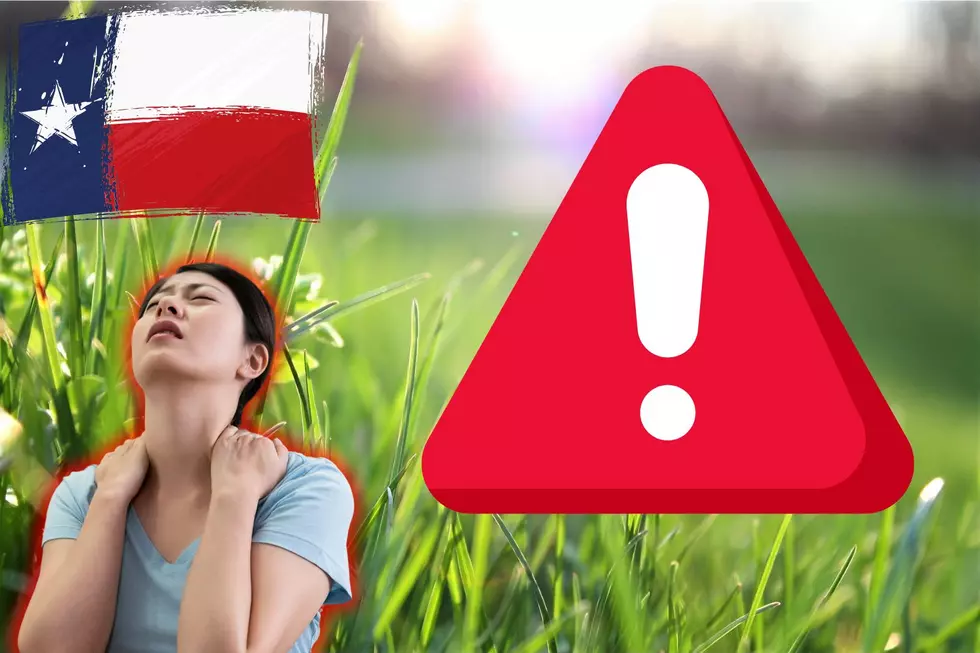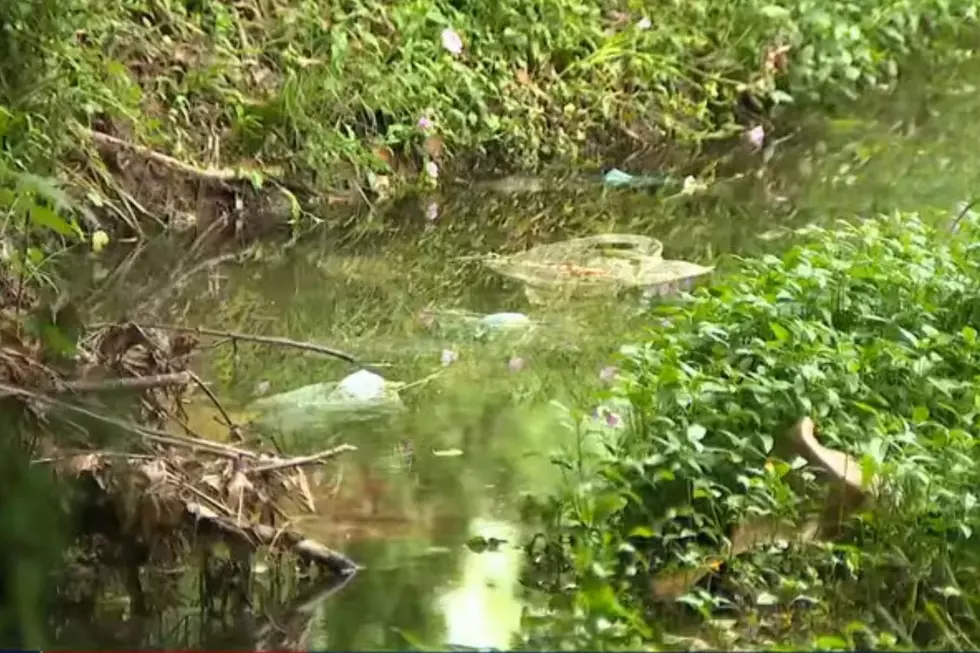
No Child Support, No Vehicle Registration Renewal Says New Law in Texas
There's a new way to punish parents who are either avoiding or are unable to make child support payments in Texas. The new punishment, which will be implemented this fall by the Texas Attorney General's Office, will prevent those behind on child support from renewing their vehicle registration.
The Attorney General's Office already has the power to revoke driver's licenses from child support evaders, but the agency stated they feel this will add more necessary pressure to make evaders compliant.
The Texas Attorney General's Office has led the United States in collecting child support. The office issued a press release on Monday about how Texas has collected "more than $3.869 billion" in the past fiscal year. Not to mention Texas collects more money in child support more than any other state in the last nine years.
"We're going to use every tool that we can to collect support that is due to children and families, and that's why this initiative is being pursued," said Janece Rolfe, a spokeswoman for the Child Support Division.
While it seems like a simple solution to a major problem, remember there are two sides to every coin. Not all parents who are behind on child support are actively evading payments. Some simply cannot afford it and stripping them from their licenses (a means of getting to and from work) would only make it that much more difficult.
Austin-based attorney named Tim Mahoney frequently litigates child support cases and he had this to say:
I think it's really bad in terms of public policy. Because if you're wanting people to pay child support, it would be really good if you could provide them with the means to earn a living.
The new measure will apply to vehicle registration renewals at the beginning of December to those who are at least six months behind on child support payments. It has also been explained that these parents will receive a letter from the Child Support Division before their vehicle registration date expires.
For more information, you can check out this article from the Texas Tribune.
More From KUSJ-FM









